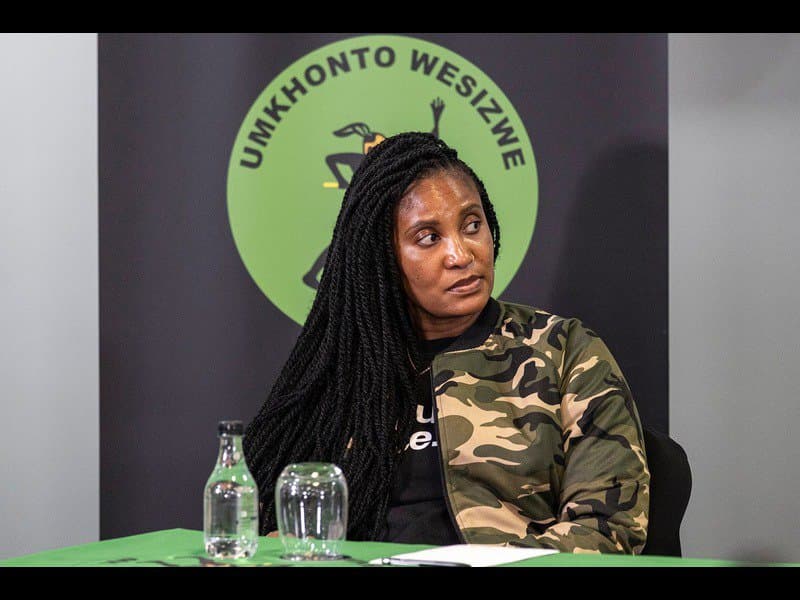Bosnian Serbs Vote in Snap Election, Test of Post Dodik Stability
Voters in Republika Srpska are casting ballots today in a snap election after Milorad Dodik was removed from office following his conviction for defying the international High Representative. The outcome will shape political stability in the Serb entity and influence Bosnia and Herzegovina's fragile post war governance, with consequences for foreign relations and the region's economic outlook.

Voters in Republika Srpska are at polling stations today in a snap election that was called after the removal of Milorad Dodik from the presidency of the Serb controlled entity. Dodik, a pro Russian nationalist who pushed separatist policies for years, was convicted in August for defying the office of the international High Representative that enforces the Dayton peace settlement. He received a one year sentence and a six year ban from holding public office, and later paid a fine to avoid jail. He stepped aside from the presidency while remaining influential as head of his party.
The ballot pits Sinisa Karan, the candidate backed by Dodik, against opposition contenders including Branko Blanusa among others. Officials and candidates have framed the vote as pivotal for the stability of Republika Srpska and for the broader governance of Bosnia and Herzegovina, where power is shared through a complex post war constitution designed to prevent renewed conflict.
The removal of a dominant nationalist figure by the international overseer is an unusual test of the Dayton architecture. The High Representative wields extensive powers intended to enforce the peace, and Dodik's conviction underscored the continuing tension between international guardianship and local political autonomy. The election represents a barometer of how much influence the international community retains, and whether separatist rhetoric will recede or be repackaged into new political formations.
For Bosnia and Herzegovina the stakes go beyond identity politics. Political instability in Republika Srpska could impede cooperation with central government institutions that manage macro fiscal policy, donor relations, and European Union accession processes. International partners have repeatedly tied aid, investment, and integration incentives to institutional stability and rule of law. A candidate who signals a return to aggressive separatist measures could prompt renewed diplomatic pressure and complicate access to international financing.
Markets and investors watch these contests even when voting is local. Uncertainty over governance tends to depress investor confidence and delay decisions on cross entity projects and foreign direct investment. Banks and businesses operating across entity lines face policy risk if Republika Srpska pursues measures that undermine central regulatory frameworks. Conversely, a result that signals moderation could ease some of the policy risk premium that has shadowed regional assets in recent years.
The longer term implications hinge on two competing dynamics. One is the resilience of the Dayton institutions and the willingness of domestic leaders to abide by legal rulings from the international overseer. The other is the staying power of nationalist networks that can exert influence even when leaders are legally sidelined. Today’s vote will not settle that contest, but it will send a clear signal about the immediate trajectory of politics in Republika Srpska and the capacity of Bosnia and Herzegovina to navigate a delicate post war settlement while maintaining economic and diplomatic ties with Europe and beyond.


